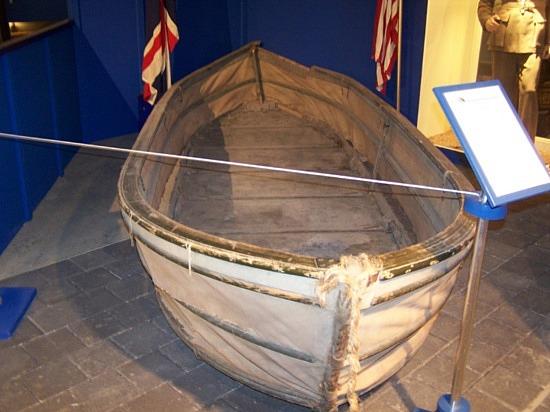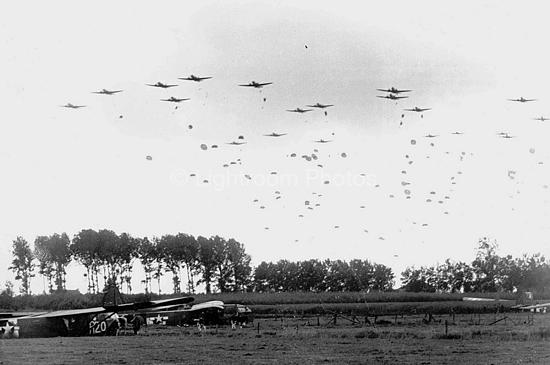Intelligence FailureUnlike the American airborne divisions in the area, British forces at Arnhem ignored the local Dutch resistance. There was a good reason for this: Britain's spy network in the Netherlands had been thoroughly and famously compromised — the so-called Englandgame, which had only been discovered in April 1944. Perhaps assuming that the Dutch resistance would be similarly penetrated, British intelligence took pains to minimise all civilian contact. U.S. units, without this bad experience, made use of Dutch help. As things turned out, knowledge of the Driel ferry or of the underground's secret telephone network could have changed the result of the operation, especially since Allied radio equipment failed, having to rely on messengers. The latter was very important: it would have given the XXX Corps and Airborne High Command knowledge about the dire situation at Arnhem.
After the war, claims arose that the Dutch resistance had indeed been penetrated. One high-ranking Dutch officer who had worked in counter-intelligence at SHAEF, Lieutenant-Colonel Oreste Pinto published a popular book, Spy Catcher, part-memoir and part counter-intelligence handbook. Pinto, who had made a name for himself in World War I for his part in uncovering Mata Hari, claimed that a minor figure in the Dutch resistance, Christiaan Lindemans (nicknamed "King Kong") had been a Germanagent and had betrayed Operation Market Garden to the Germans.[132] Lindemans was arrested in October 1944, but committed suicide in his cell in 1946 while awaiting trial. In 1969, French
journalist and historian Anne Laurens concluded that Lindemans had been a double agent.[133]
Goatley collapsible boat, wooden bottom and canvas sides, created by boat designer Fred Goatley
82nd arrives at Grave
- Knowledge Library

- MKL Entry of the Month
- Australia
- Austro-Hungarian Empire
- Canada
- Czechoslovakia
- Denmark
- Finland
- France/Belgium
- Germany
- Italy
- Japan
- Norway
- Russia
- South America
- Sweden
- Switzerland
- Turkey
- United Kingdom
- United States
- Yugoslavia
- Is my rifle authentic or a fake?
- Jay Currah's Lee Enfield Web Site
- On-line Service Records (Canada)
- Technical Articles/Research
- Forum
- Classifieds

- What's New?
-
Photo Gallery

- Photo Gallery Options
- Photo Gallery Home
- Search Photo Gallery List
-
Photo Gallery Search
- Video Club

- iTrader














 PM
PM
